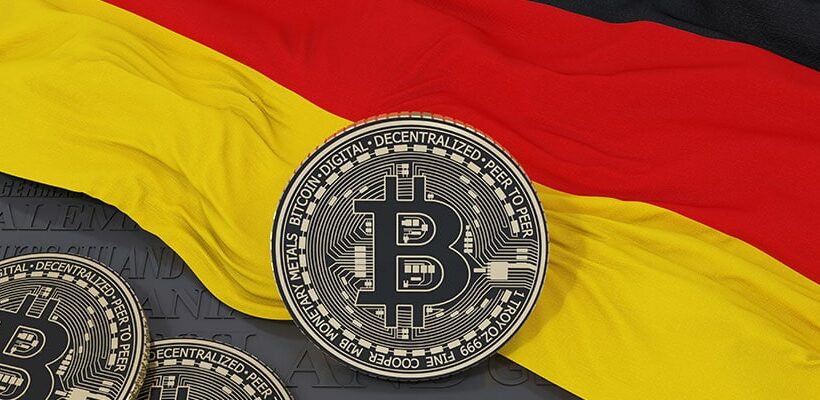Three German political parties proposed to issue a regulatory framework for cryptocurrencies and the blockchain industry. According to a document published on the website of the Social Democratic Party (SPD), the proposal asks for a strict overseeing of crypto assets by all the institutions of the European Union.
Together with the Alliance 90/The Greens, and the Free Democratic Party (FPD), the SDP says that Germany needs a ‘comprehensive digital awakening.’ The paper comes in the wake of the campaigns performed by several parties ahead of the elections, which put Olaf Scholz as the favorite to succeed Angela Merkel as Chancellor.
“The EU supervisory authorities should not only take care of the traditional financial sector but also prevent the misuse of crypto assets for money laundering and terrorist financing,” the agreement outlined. “We are aware of the fact that a digital awakening that safeguards our values, digital sovereignty, and a strong technology base can only succeed in a progressive European framework,” the document added in regards to the ‘digital awakening.’
Optimism on Blockchain
Still, the coalition sees with good eyes the current developments surrounding blockchain technology, noting that investments in artificial intelligence and other distributed ledger technology (DLT) could get incentivized in a forthcoming government. “Building on the measures taken in the last legislative period, we will do everything we can to prevent abusive dividend arbitrage transactions. To ensure this [system] is fraud-proof, we want new technical options, e.g. blockchain, to be used even more,” the three political parties commented in the document.
The proposal could also be aligned with Mark Branson’s recent statement, the new Head of Federal Financial Supervisory Authority (BaFin), who said he would pursue an agenda to bolster supervision amid criticisms. BaFin’s reputation came under the spotlight after the collapse of Wirecard last year, which is a major payments company. Such controversy significantly affected the election campaign of Olaf Scholz, the German Finance Minister.
Source: Read Full Article
